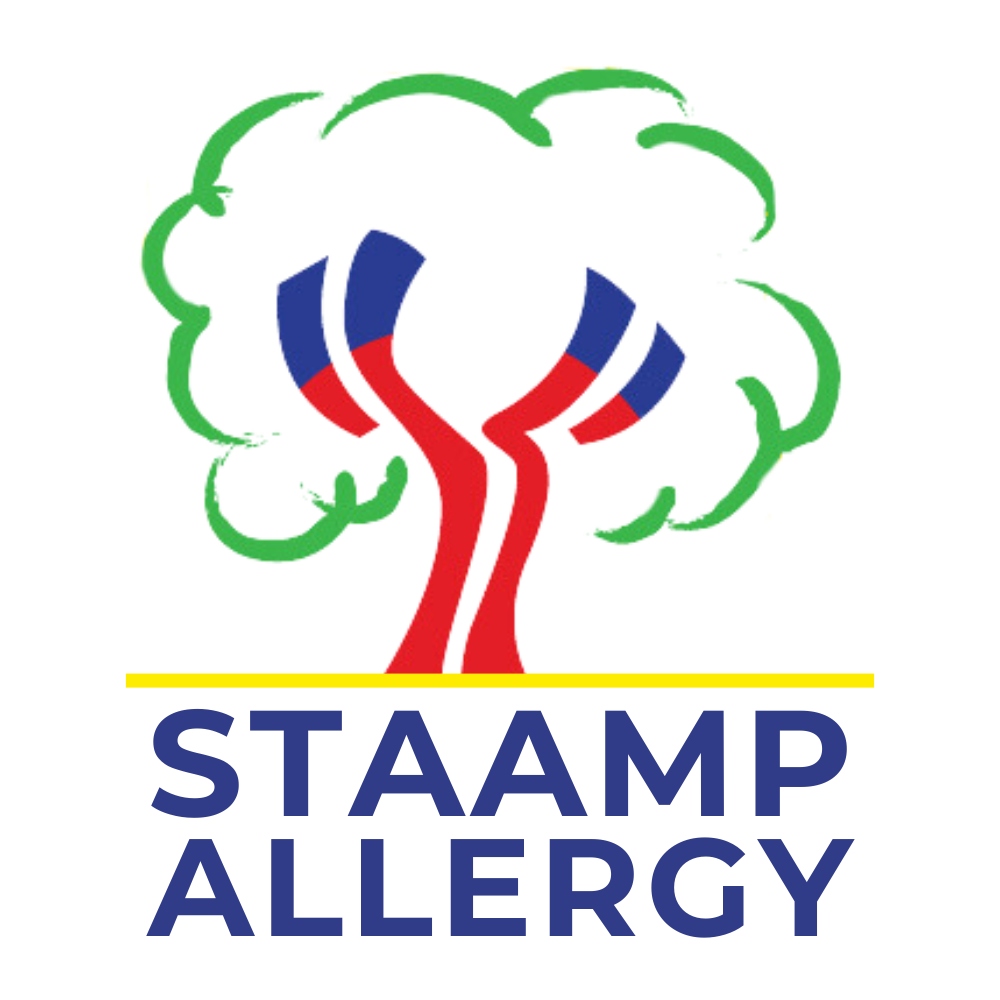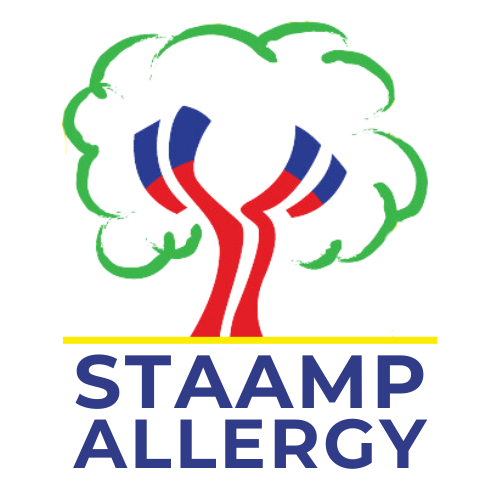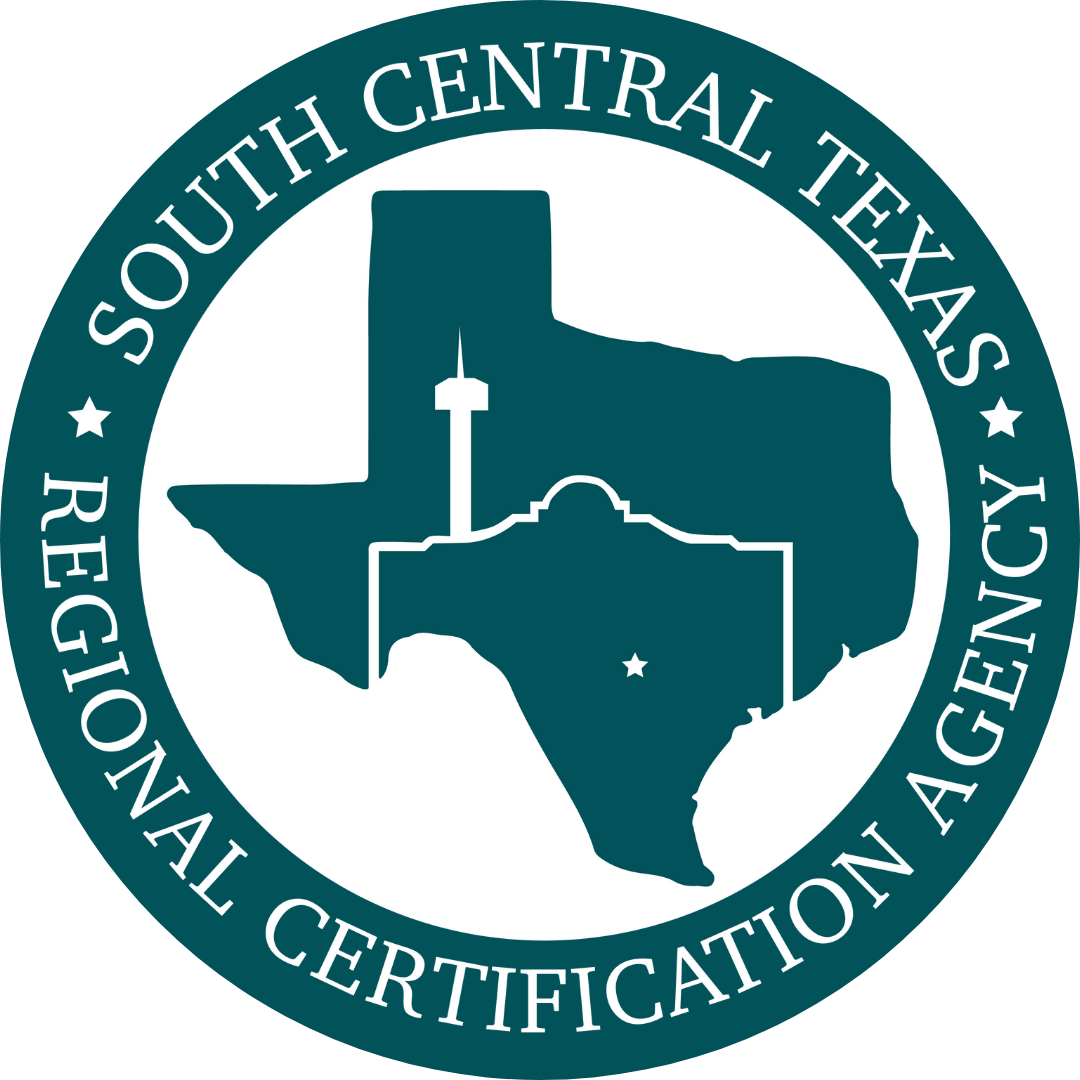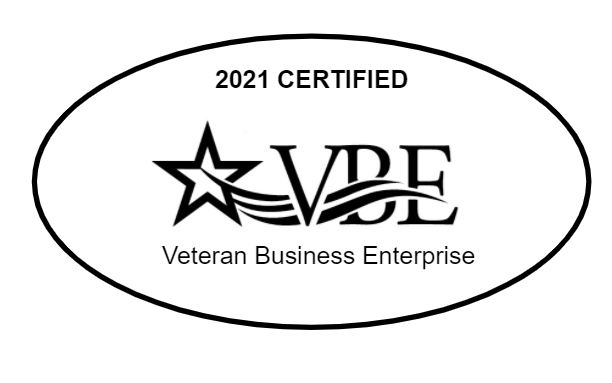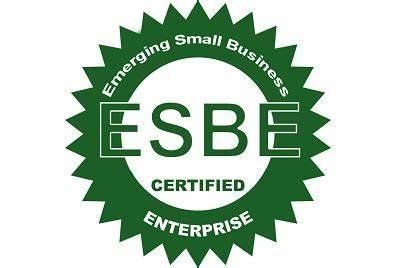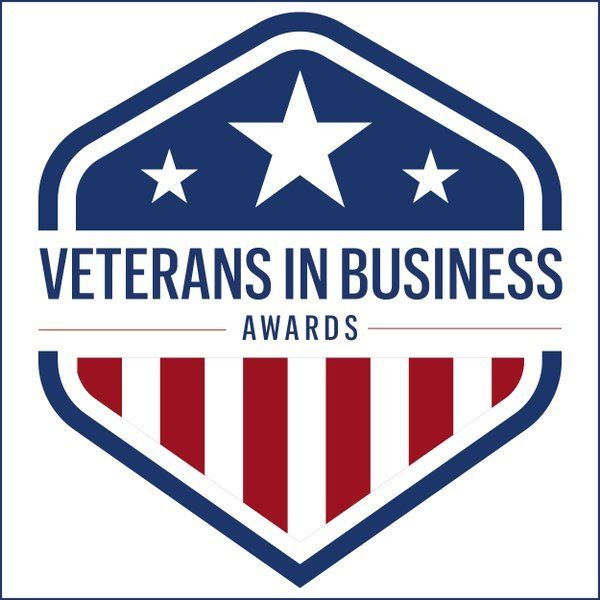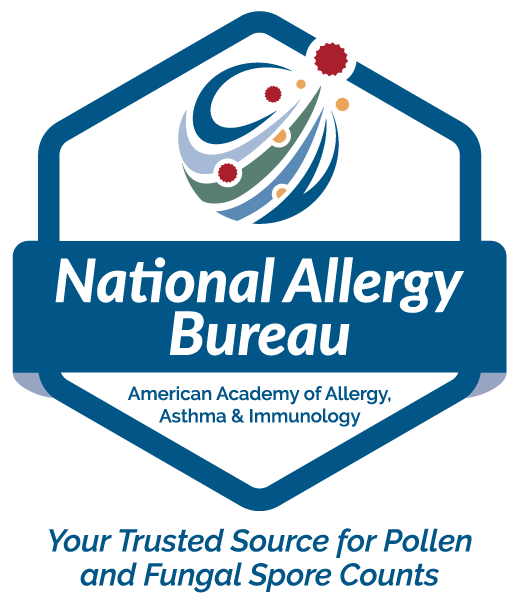September is National Food Allergy Month
August 30, 2023
At STAAMP, we are committed to the well-being of our community, including education, prevention, and treatment. This month provides us with an excellent opportunity to increase awareness about the potential risks of food allergies and the crucial measures that can help prevent allergic reactions.
Read our insightful tips on food allergies and safety below:

- Understand what food allergies are: Food allergies are immune responses triggered by specific proteins in foods that the body identifies as harmful. When the immune system comes in contact with the allergic food, it releases chemicals like histamines, leading to various symptoms that range from mild to severe.
- Read food labels: When grocery shopping, carefully read food labels for allergen information. Common allergens are Milk, Wheat, Eggs, Soy, Crustacean Shellfish, sesame, peanuts, fish, and tree nuts.
- Prevent cross-contamination: Even trace amounts of allergens can trigger allergic reactions. To avoid this, use separate cutting boards, preparation areas, and utensils when preparing meals.
- Home Cooking-safety: Wash your hands and preparation areas thoroughly before cooking. Explore allergen-free recipes that align with your dietary needs.
- Communicate your needs: When dining out at a restaurant or a friend's house, communicate your allergies beforehand. Ask about ingredients, preparation methods, and cross-contact risks. If the occasion allows it, you can carry a safe food alternative.
- Recognize the signs of a food allergy reaction: Pay close attention to your body’s signals after eating. It could be a sign of a food allergy reaction if you experience sudden unusual symptoms such as hives, swelling, difficulty breathing, chest tightness, nausea, vomiting, diarrhea, or a sudden drop in blood pressure.
- Emergency Preparedness: Always carry your Epinephrine auto-injector (EpiPen) in case of a severe reaction known as anaphylaxis. Ensure those close to you know how to use it in an emergency. Do not wait to use your EpiPen if you suspect a food reaction; seek immediate medical attention for further evaluation and care.
- Allergist consultation: Consult your trusted STAAMP Allergist regularly to stay updated on your allergy treatment plan and receive personalized guidance.
Identifying the symptoms of a food allergy reaction is crucial for a quick and life-saving response. By incorporating these measures into your daily activities, you‘re taking proactive steps to ensure your family’s health and safety.



